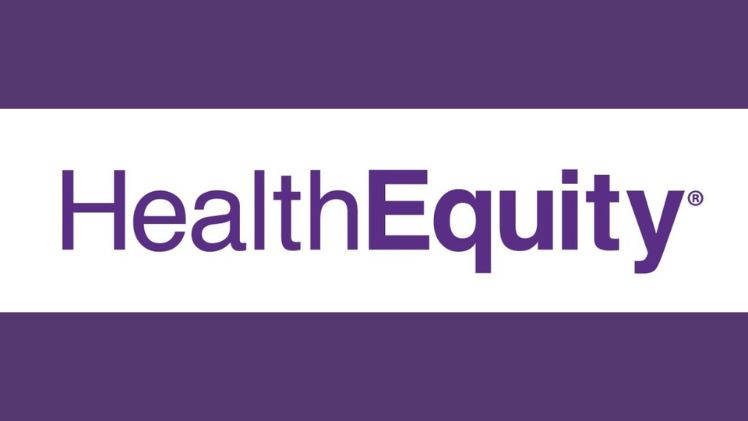Health Savings Accounts (HSAs) are useful instruments that enable people to assume responsibility for their medical costs. Health Equity is a leading provider of HSA accounts, offering services that help people maximize their savings, tax benefits, and long-term healthcare management. In this blog post, we will explore how Health Equity works, its benefits, and why it is essential for financial wellness.
1. What is an HSA (Health Savings Account)?
An HSA, or Health Savings Account, is a tax-advantaged account that allows individuals with high-deductible health plans (HDHPs) to save money for future medical expenses. Contributions to an HSA are tax-deductible, and the funds can be used to cover qualified healthcare costs, such as doctor visits, prescriptions, and medical procedures.
2. What is Health Equity?
Health Equity is a company that specializes in managing Health Savings Accounts and providing tools for individuals to optimize their healthcare savings. Through its platform, Health Equity offers a range of services, including account management, investment options, and personalized support to help users get the most out of their HSA.
3. How Does Health Equity HSA Work?
When you open an HSA with Health Equity, you can contribute pre-tax dollars into the account, reducing your taxable income. The money in your HSA can then be used to pay for eligible medical expenses. Additionally, any unused funds roll over from year to year, allowing you to save for future healthcare needs or even retirement.
4. The Benefits of Using an HSA with Health Equity
One of the key benefits of using an HSA through Health Equity is the ability to invest your savings, allowing your funds to grow over time. Health Equity also provides 24/7 customer service, a user-friendly platform, and financial tools that help you track and optimize your contributions and spending.
5. Tax Advantages of HSAs
HSAs offer a unique triple tax advantage: contributions are tax-deductible, earnings on investments grow tax-free, and withdrawals for qualified medical expenses are also tax-free. This combination of tax benefits makes an HSA one of the most tax-efficient ways to save for healthcare costs.
6. How to Maximize Your HSA with Health Equity
To get the most out of your HSA, it’s important to contribute the maximum allowed amount each year. In 2024, the IRS allows individuals to contribute up to $4,150 (and $8,300 for families). Health Equity also offers investment options that enable your HSA funds to grow over time, which can further increase the value of your account.
7. Eligible Expenses Covered by HSA Funds
HSA funds can be used to pay for a wide range of healthcare expenses, including doctor visits, prescription medications, dental care, vision care, and even some over-the-counter products. Health Equity provides an easy-to-use list of qualified expenses, ensuring that you make the most of your HSA.
8. Planning for Retirement with an HSA
One of the lesser-known advantages of an HSA is its potential as a retirement planning tool. After the age of 65, HSA funds can be used for non-medical expenses without penalty, although regular income tax applies. This makes an HSA a valuable part of a long-term financial strategy, allowing you to save for both healthcare and general retirement needs.
9. Health Equity’s Investment Options
Health Equity offers a range of investment options that allow you to grow your HSA funds. Once your balance reaches a certain threshold, you can invest in mutual funds or other investment vehicles directly from your account. These investments grow tax-free, giving you the opportunity to build a larger nest egg for future healthcare expenses.
10. Why Choose Health Equity for Your HSA?
Health Equity stands out as a leading HSA provider due to its robust platform, exceptional customer service, and extensive investment options. Whether you are just starting to save or looking to maximize your retirement healthcare savings, Health Equity offers the tools and resources needed to succeed.
Conclusion:
Health Equity is a powerful tool for anyone looking to take control of their healthcare and financial future. By offering tax advantages, investment options, and personalized support, Health Equity simplifies the process of saving for medical expenses while maximizing long-term financial growth. Whether you are planning for current healthcare needs or future retirement, an HSA with Health Equity offers the flexibility and benefits to help you achieve your financial goals.
FAQs
What is the maximum HSA contribution limit for 2024?
The maximum contribution for an HSA in 2024 is $4,150 for individuals and $8,300 for families.
Can I invest my funds with Health Equity?
Yes, Health Equity allows you to invest your HSA funds in a variety of options, including mutual funds.
What are the tax benefits of an HSA?
HSAs offer triple tax advantages: tax-deductible contributions, tax-free growth on investments, and tax-free withdrawals for qualified medical expenses.
Can I use HSA funds for non-medical expenses?
You can use HSA funds for non-medical expenses after age 65 without penalty, although regular income tax applies.
Is Health Equity a good choice for managing?
Yes, Health Equity offers a user-friendly platform, excellent customer service, and investment options, making it a top choice for HSA management.

